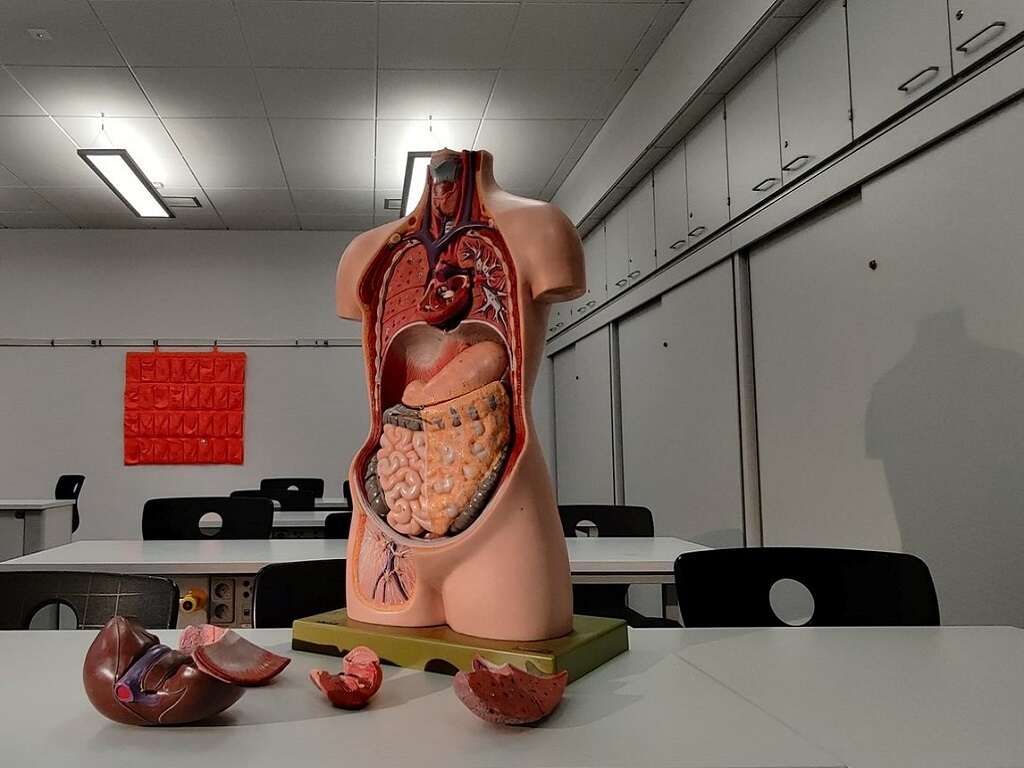What Is Ischemia?
6. Acute Mesenteric Ischemia
Acute mesenteric ischemia (AMI) occurs when there is decreased blood flow through the mesenteric vessels resulting in ischemia and gangrene. Patients generally experience nausea, vomiting, abdominal distention, loss of appetite, diarrhea, gastrointestinal bleeding, rectal bleeding, and signs of sepsis (rapid breathing, fast heart rate, fever, low blood pressure, altered mental status).
If not caught and treated early, AMI has a catastrophic outcome. It should be considered in all patients with abdominal pain that is not proportionate to physical findings, and with severe vomiting and diarrhea in individuals above the age of 60. Treatment usually involves surgery. Some patients may be recommended for stenting. A trial of thrombolytic therapy may be recommended for patients without bowel necrosis before surgery.
Advertisement












